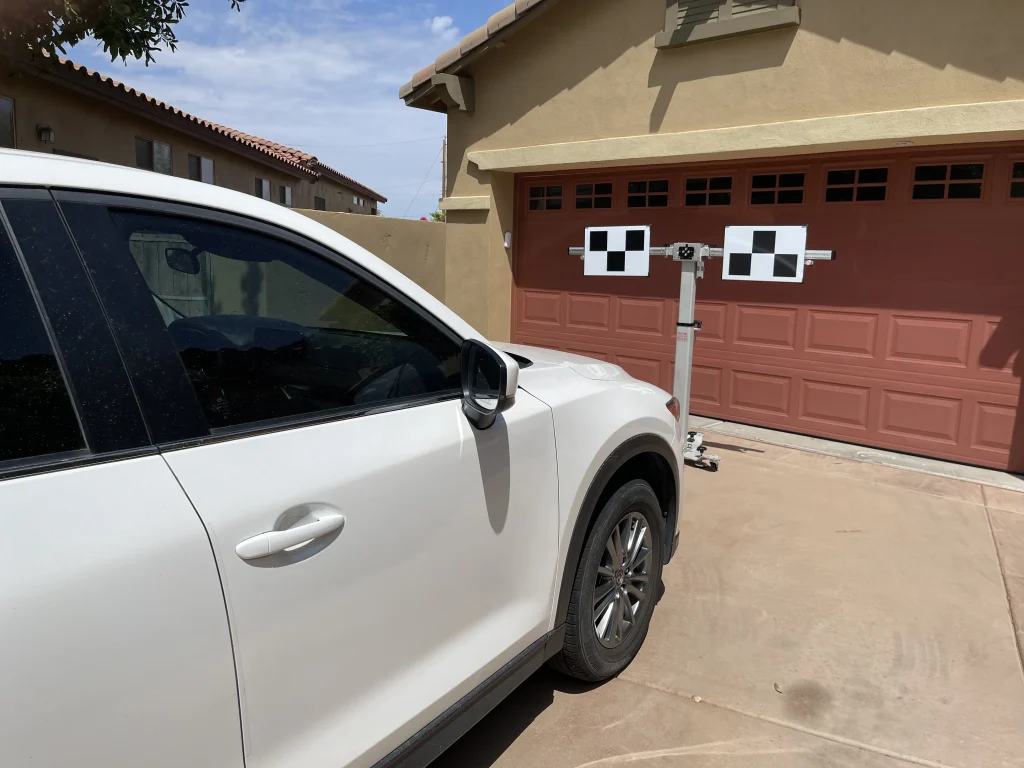When buying or selling a car, understanding its valuation and depreciation is crucial. Car valuation refers to determining a vehicle’s worth at a given time, while depreciation refers to decreased value over time. This comprehensive guide will explore the intricacies of car valuation and depreciation, providing you with the knowledge and insights necessary to make informed decisions in the automotive market.
Understanding Car Valuation and Depreciation
Car valuation and depreciation are intertwined concepts that affect both buyers and sellers. You can confidently navigate the car market by understanding how these factors work.
1. What is Car Valuation?
Car valuation refers to determining a vehicle’s monetary value based on various factors such as its make, model, age, mileage, condition, and market demand. Valuation is crucial for setting the right price when selling a car or negotiating a fair deal when purchasing one.
Car valuation methods vary, but some commonly used approaches include the following:
- Market Comparison: Comparing the vehicle to similar models currently for sale.
- Trade-In Value: Assessing the price a dealer is willing to offer for the vehicle as a trade-in.
- Online Valuation Tools: Utilizing online platforms that consider multiple data points to estimate a car’s value.
2. What is Car Depreciation?
Car depreciation refers to the decline in a vehicle’s value over time due to various factors. When a car is driven off the dealership lot, it depreciates. The depreciation rate can vary significantly depending on make, model, age, condition, mileage, and market demand.
Understanding car depreciation is essential because it helps car owners anticipate the future value of their vehicle and make informed decisions about selling or trading it in.
After the first year, cars typically depreciate by 15-25% per year, worsening the car’s value by upwards of 60% after five years.
3. Factors Influencing Car Valuation and Depreciation
Several factors contribute to the valuation and depreciation of a car. Considering these factors is essential to estimate a vehicle’s worth accurately.
a) Make and Model
The make and model of a car significantly impact its valuation and depreciation. Luxury brands often retain value better than economy cars due to brand reputation, quality, and desirability. Additionally, specific models may have a higher demand in the used car market, leading to slower depreciation rates.
b) Age and Mileage
As a car gets older and accumulates more mileage, its value decreases. Age and mileage are directly proportional to depreciation. Newer cars with lower mileage tend to retain their value better, while older vehicles with high mileage experience more significant depreciation.
c) Condition and Maintenance
A car’s overall condition is crucial in its valuation and depreciation. Well-maintained vehicles with minimal wear and tear are more likely to command higher prices in the market. Regular maintenance, service records, and a clean vehicle history report contribute to a car’s value.
d) Market Demand and Supply
The basic principles of supply and demand influence car valuation and depreciation. If a particular make or model is in high order but limited supply, its value will likely be higher. Conversely, if there is an oversupply of a specific car in the market, it may experience faster depreciation.
4. Tips for Maximizing Car Value and Minimizing Depreciation
While car valuation and depreciation are inevitable, there are strategies you can employ to maximize your car’s value and minimize depreciation.
a) Regular Maintenance
Maintaining your car regularly by following the manufacturer’s recommended service schedule can help preserve its value. Accurate service records demonstrate that the vehicle has been well-cared for, increasing its appeal to potential buyers.
b) Proper Cleaning and Detailing
Regularly cleaning and detailing your car helps maintain its aesthetic appeal. A clean and well-presented vehicle will attract buyers and potentially command a higher price.
c) Avoid Overloading the Vehicle
Overloading a vehicle beyond its recommended capacity can lead to excessive wear and tear, negatively impacting its value. Always adhere to the manufacturer’s weight limits and avoid carrying outsized cargo.
d) Drive Responsibly
Aggressive driving habits can contribute to increased wear and tear on the vehicle. By driving responsibly, you can minimize unnecessary strain on the car’s components, helping to maintain its value.
e) Consider Market Trends
Staying informed about market trends can be beneficial when buying or selling a car. Understanding which makes, models, or features are in high demand can help you make more informed decisions and potentially maximize your car’s value.
f) Optimal Timing
Timing can play a significant role in car valuation and depreciation. Selling a car when the market demand is high can result in a better price. Also, purchasing a new vehicle at the end of the model year or during promotional periods can offer better deals.
Conclusion
Understanding car valuation and depreciation is essential for anyone buying or selling a vehicle. By considering factors such as make, model, age, mileage, condition, and market demand, you can make informed decisions and potentially maximize your car’s value. Remember to stay updated with market trends, maintain your vehicle regularly, and consider the tips in this guide. With this knowledge, you can confidently navigate the car market and make the most of your automotive investments.
FAQs (Frequently Asked Questions)
1. What is the best way to determine the value of my car?
The best way to determine the value of your car is by using online valuation tools that consider various factors such as make, model, age, mileage, and condition. These tools provide a comprehensive estimate based on market data and can give you a starting point for setting a price.
2. How much does a car typically depreciate each year?
Car depreciation rates can vary depending on multiple factors. On average, new cars can depreciate around 20% in the first year and continue to decline at 15-20% per year for the next few years. However, it’s important to note that luxury vehicles and specific models may experience slower depreciation rates.
3. Can modifications affect a car’s value?
Yes, modifications can affect a car’s value. While specific changes may enhance a vehicle’s appeal and value, others can decrease its worth. It’s essential to consider the impact of changes on the broader market and the preferences of potential buyers.
4. Is it better to trade or sell my car privately?
The decision to trade in a car or sell it privately depends on individual circumstances. Dealing with a vehicle at a dealership offers convenience and simplicity but may result in a lower price than selling privately. Selling privately requires more effort but can potentially yield a higher sale price. Consider factors such as time constraints, the vehicle’s condition, and the trade-in offers you receive.
5. How can I negotiate a fair price when buying a used car?
When negotiating a fair price for a used car, it’s essential to research the market value of the specific make, model, and year. Consider factors such as mileage, condition, service history, and additional features or modifications. Be prepared to negotiate and consider obtaining a professional inspection before finalizing the purchase.
6. Does color affect a car’s value?
While color preferences are subjective, specific colors may have a broader appeal in the used car market. Neutral colors like white, black, and silver are generally more popular and tend to have a wider audience, potentially influencing a car’s value. However, the impact of color on valuation may vary depending on the specific make and model.




























